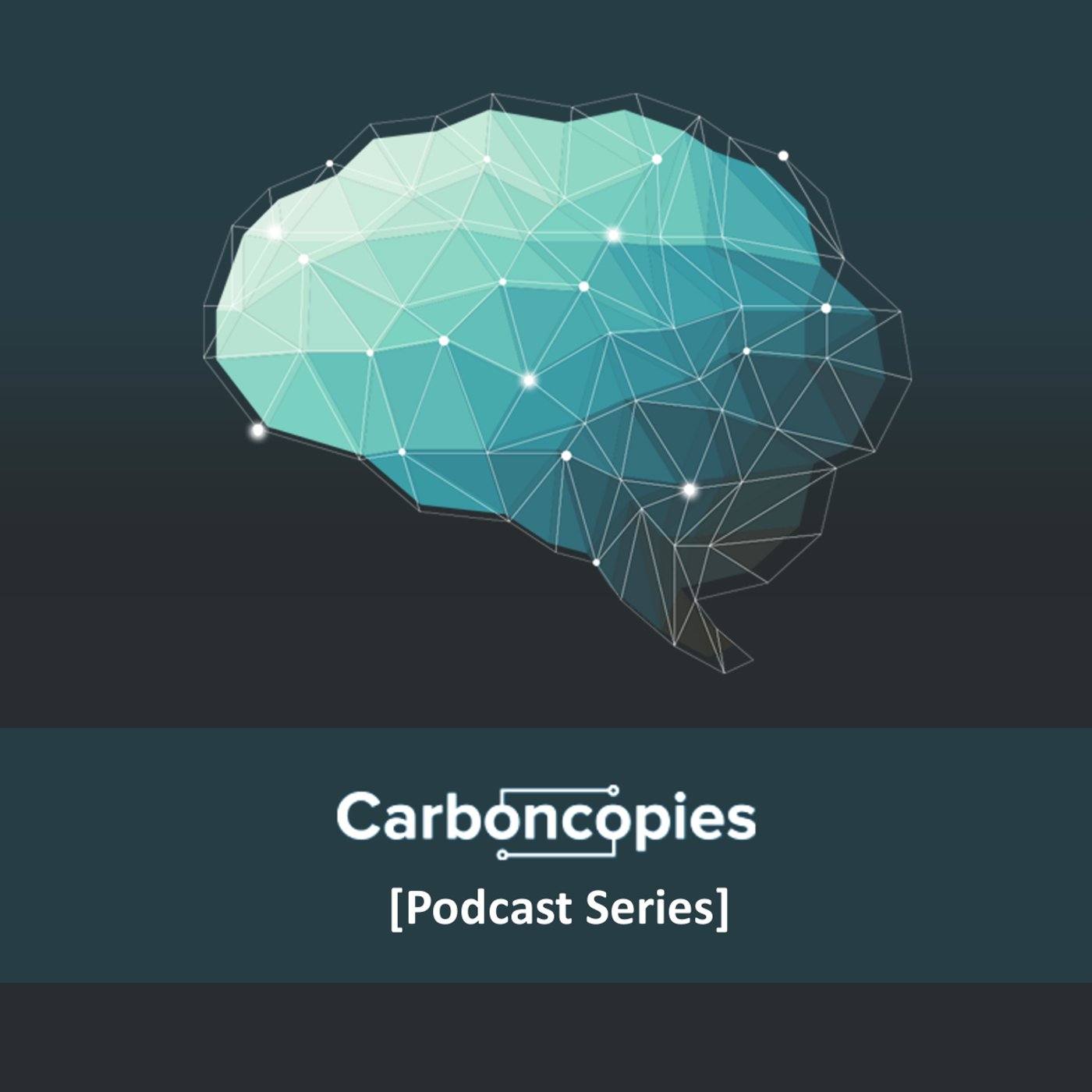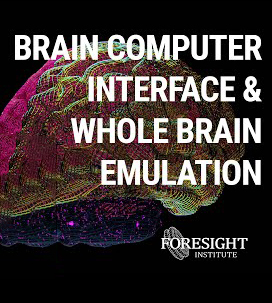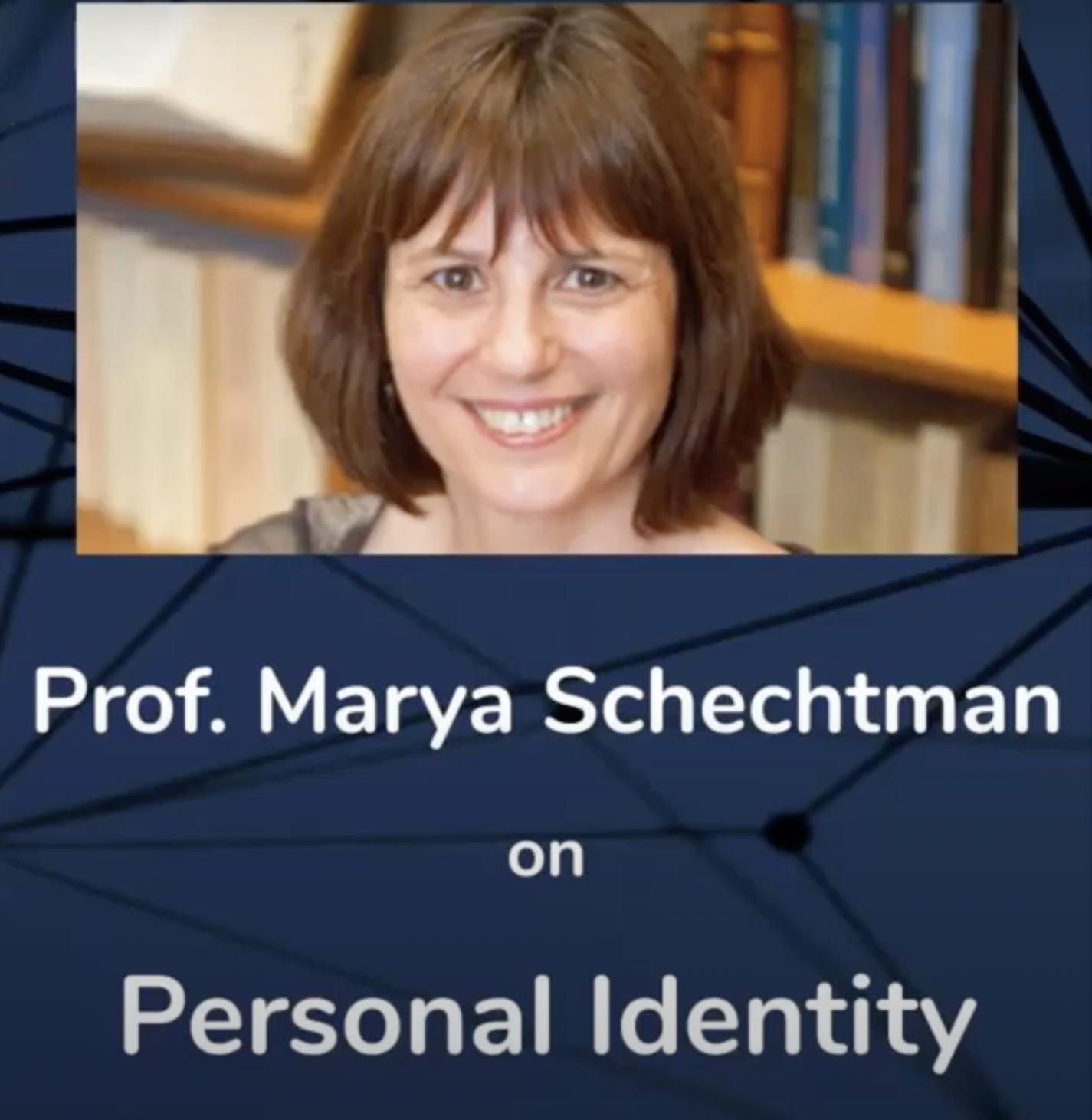 |
March 2022 Newsletter
Featured Research
Neurotransmitter Classification from Electron Microscopy Images at Synaptic Sites in Drosophila
Nils Eckstein, Alexander S. Bates, Michelle Du, Volker Hartenstein, Gregory S.X.E. Jefferis, and Jan Funke
The Jan Funke Lab at the Janelia Research Campus has developed a neural network that can accurately identify neurotransmitters released at synaptic sites from electron microscope images. The network discriminates between neurotransmitters using cues not easily visible to humans. This research could help aid the process of translation from electron microscopy to computational models in whole brain emulation.
Links between Entropy, Complexity, and the Technological Singularity
Theodore Modis
This paper proposes a relationship between complexity and entropy, where entropy is defined as disorder and complexity is defined as the amount of information required to describe an event. Based on the quantified complexity of salient past events, there may be several milestones in the near future relating to technological advancement.
Mind Uploading Media

From Brain Preservation to Reconstruction as a Whole Brain Emulation
Carboncopies Podcast
In this new episode of the Carboncopies Podcast, Dr. Randal Koene, founder of the Carboncopies Foundation, explains the technical process of achieving whole brain emulation from a preserved brain. He also outlines the process of emulation through neuroprosthesis.

Neurotech Tech Tree
Foresight Vision Weekend 2021
At the Foresight Institute’s Vision Weekend, Randal Koene spoke about whole brain emulation in a panel of neurotechnology experts. The event also featured Todd Huffman, Jean Hebert, Mary Lou Jepson, and David Eagleman. Each of the panelists are developing technologies that interface with the brain to transcend limitations.

Marya Schechtman on Personal Identity
Topics in Successful Mind Uploading
Professor Marya Schechtman, who teaches philosophy and is a member of the Laboratory of Integrative Neuroscience at the University of Illinois, discusses personal identity and continuity during the Carboncopies Winter 2020 Workshop. The workshop highlighted multiple topics that are relevant to the success criteria of mind uploading.
Help our readers stay informed!
Open Tasks & Roles
Director of Donations
Grants Department
You will work alongside our Grants Director, who is responsible for all work related to applying for different grants. Your role will be to focus on other areas where CCF might raise funds. This includes donations, crowdfunding, and setting up budgets for departments. You will also lead a team of volunteers who will help you with this work.
Software Developer Lead
ERS Division, BrainGenix
As the Lead of the Environmental Rendering System (ERS) division, you will be part of our neural simulation platform department at the Carboncopies Foundation. You will take on managerial tasks of the division, including overseeing the team, onboarding members, creating updates on progress, and managing meetings.
Animator
Communications Department
The Communications Department is seeking an animator to help create videos for a public awareness campaign and other projects. Your role will be to develop animations to accompany text. You will help the Carboncopies Foundation reach a broader audience with interesting and informative content.
Game Developer
BrainGenix Department
The BrainGenix Department is seeking game developers to design the mechanics and systems for our upcoming Open-Source WBE video game.
IT Department Lead
Office of Operations
The Carboncopies Foundation is growing and has recently realized there is a need for a specific department responsible for making sure all our digital tools work as intended. When needed, this department would lend IT support to other teams.
OpenCL Developer
BrainGenix Department
You will be responsible for designing and writing OpenCL-based compute kernels for a range of problems — from physics simulations to sensory translation.
Vulkan Developer
BrainGenix Department
The Vulkan developer will help with designing and writing a high-performance real-time rendering system designed to work on headless servers.
Level Designer
BrainGenix Department
The BrainGenix Department is seeking level designers for creating the virtual environments for our upcoming Open-Source video game. As a level designer, you would be responsible for creating detailed open-world environments with our editor.
3D Modeler
BrainGenix Department
We are looking for someone who can produce 3D models for our open-source video game. As a 3D modeler, you would be working with our BrainGenix and Communications departments, joining a team of motivated, talented professionals.
Multimedia Specialist
Events Department
You will be assisting in the creation of neuroscience-related digital content for organizational events.
© 2022 Carboncopies |


